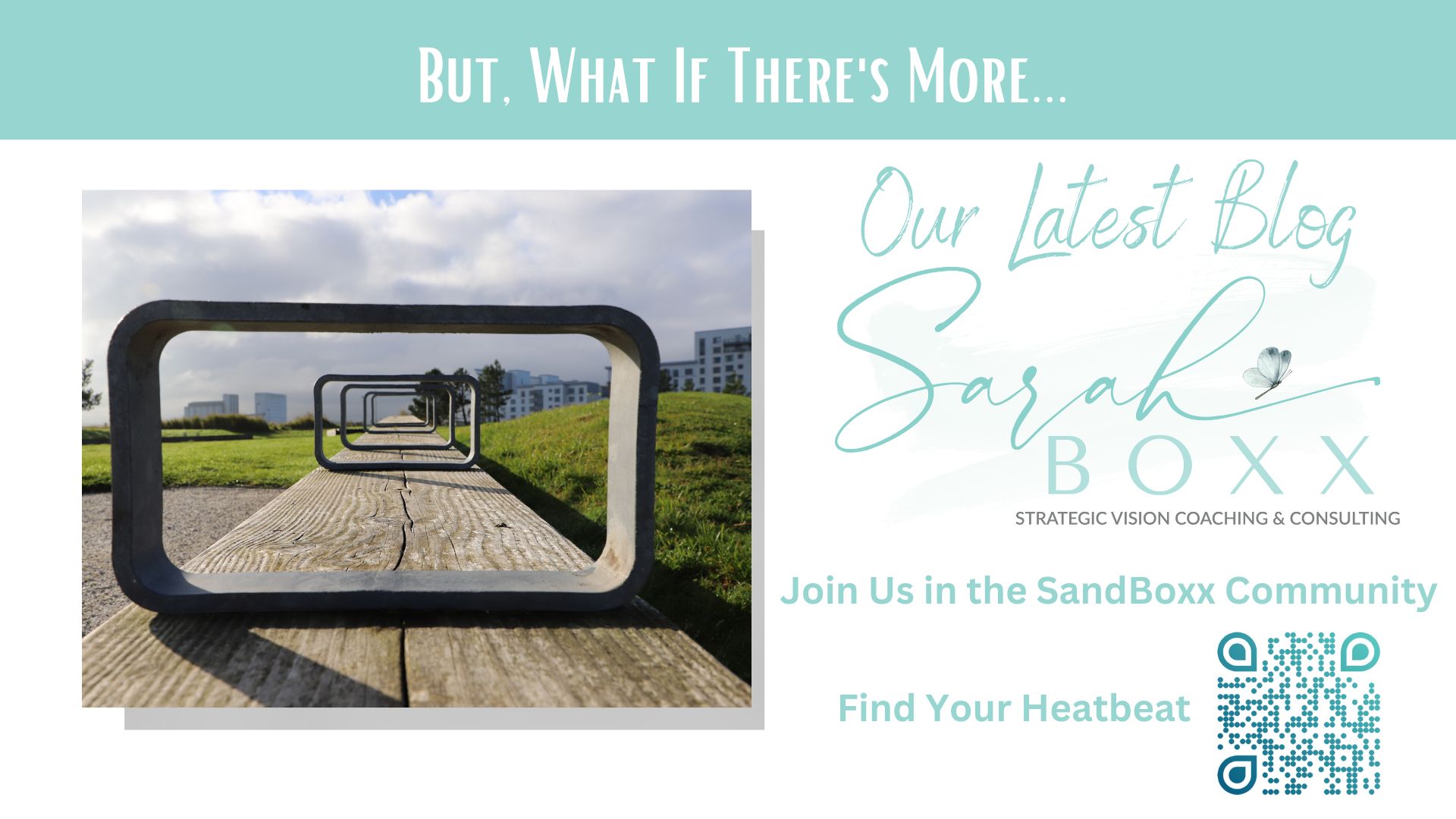Have you ever noticed when you feel pressed for time that your heart rate increases, your thinking is less clear, and your actions are less fluid? It’s that tiny gnawing of anxiety that is saying “hurry up, you have more to do and you’re already behind…” Maybe I’m the only one who feels that way… but I doubt it.
The anxiety we feel in and of itself isn’t necessarily a bad thing. Scientists say that it’s a natural human response that serves a purpose. To quote from Alan Henry’s Lifehacker article on the topic, “Put simply, anxiety is a sense of fear and apprehension that puts you on alert. It’s meant to put us in a heightened sense of awareness so we’re prepared for potential threats. Unfortunately, when we start to feel excessive anxiety, or we live in a constant state of anxiety, we’re in trouble. Our bodies never turn off our fight or flight response, and we live with the physical and emotional effects of anxiety on a day to day basis, even when there’s no reason or cause for them.”
Henry highlights that our goal shouldn’t be to dismiss anxiety entirely. Rather, we want to make it a healthy, manageable part of our lives. When it comes to “time”, that means claiming our time and learning to invest it wisely.
Here are three keys that have helped me to claim my time, add in more of what matters to me in all areas of my life, and make progress on my 2017 goals.
- Practice Awareness. Be aware of how you think, feel, and speak about time. How do you feel about time when asked to do something? Where do you choose to spend your time? Where do you LOVE to spend your time or what do you make a priority? (Hint: you always find a way to fit it in.)
- Be Deliberate. This goes back to the knowing how and where you want to use your time. Think about your time (hour, day, week or longer) in advance. Create a plan and calendar your time so that it focuses on your priority. It is likely to change. The goal is not to hold on so tightly to the calendar that you become rigid. Rather, it is to use your calendar as a “pause button.” This pause is useful before you commit to something new AND later when you evaluate how your use of time actually played out. Not everyone loves living by a calendar or having a firm schedule. I get it. I hate the feeling of being trapped by commitments and obligations, especially if I agreed when I should have declined. But, let me share what applying this process has done for me. I am consciously aware when I shift time I planned for one of my priorities to something different. Sometimes it is essential to do so. Sometimes I just want to. The best part is when I can see the times I “back-burnered” something important to me to accommodate someone or something else. That’s important because it forces me to ask myself “why”. Was it easier than saying no? Was it so I wouldn’t let someone down (and feel bad about myself for not saying yes), even if it meant I let myself down? The changed schedule is less important than the answers to these questions. The answers are what have helped me to become more focused and honest about what I agree to and where I spend my time. (In fact, let’s just scratch that word “spending”. I like to think of investing my time. Spending is a one-way transaction while investing builds something in the future). Being deliberate ties into the third tip.
- Be Accountable. When we are accountable for our choices and take ownership, it puts us in the driver’s seat. It keeps us from being reactionary or apologetic. By owning, not excusing, our time expenditures we become more aligned with ourselves; more authentic. Commit to breaking up with phrases like “I don’t have enough time,” “I’m too busy”, or “I would if only I had time.” If you find yourself starting to say them, ask yourself if the statement is true. If it is, and you WANT to do the thing you are being asked, then communicate your desire and ask more questions to find a realistic and reasonable way to fit it in. Instead of “I’m too busy”, you can try: “When do you want that done? Let me look at my existing commitments/schedule,” OR “I have other plans/commitments at that time. Will another time work?” If you DON’T want to do something or fit yet another thing into your calendar, be honest and DECLINE. You can be polite. It’s not mean or selfish to say no. In fact, it shows respect for the other person and their time. We have probably all experienced someone who’s told us “yes” just to appease us, only to follow up later and say they can’t make it or have changed their minds. Or, worse yet, they just drop the ball entirely. Wouldn’t it have been better if they just said “no” in the first place?
If you want something done, ask a busy person to do it. The more things you do, the more you can do. – Lucille Ball
I have always loved this quote by Lucille Ball. Yet, it wasn’t until I added a new business to a full-time consulting career and intense educational path that I really understood it. By holding myself to be more aware, deliberate, and accountable, I’m able to focus on MORE things that matter to me, my family, my colleagues and my community.
What would it look like for you to go on a week-long “diet” from all your time excuses? When you catch yourself starting to say something like “I would if only I had time,” take a pause, rephrase, or DECLINE! In fact, we’d love to hear how it goes. Would you pop over to the Facebook page this week and tell us your stories?




